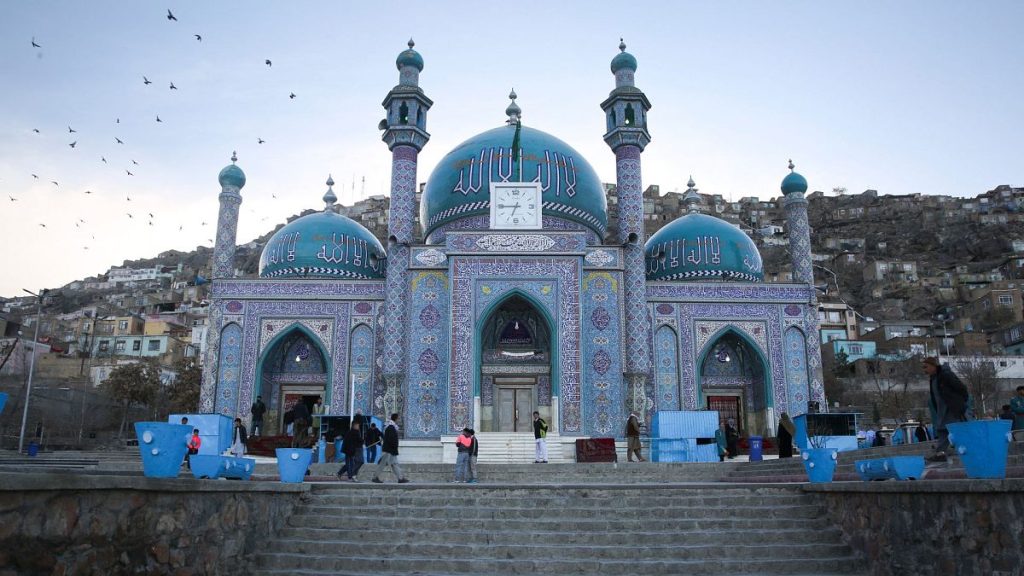The tourism industry in Afghanistan is grappling with the country’s treatment of women as the Taliban-run Institute of Tourism and Hotel Management trains professionals to attract visitors to the country. The debut student cohort consists of around 30 men who don’t know anything about tourism or hospitality but are eager to promote a different side of Afghanistan. Despite the restrictions on women and girls, foreigners are visiting the country encouraged by the drop in violence, increased flight connections, and the bragging rights of visiting an unusual destination. The numbers of tourists have been on the rise, with 691 in 2021, 2,300 in 2022, and 7,000 the year before.
Mohammad Saeed, the head of the Tourism Directorate in Kabul, acknowledges the obstacles facing Afghan tourism, including difficulties in obtaining visas and the lack of recognition from other countries. He aims to have a visa on arrival for tourists but realizes it may take years due to issues like the road network and lack of direct flights to major tourist markets. Despite the challenges, Saeed aspires for Afghanistan to become a tourism powerhouse, a goal supported by the Taliban’s top leaders.
The students at the Institute of Tourism and Hotel Management have their own aspirations, from learning about Afghanistan’s picturesque spots for social media posts to opening a hotel or changing the global perception of the country. Classes include a variety of subjects such as Afghan handicrafts, anthropology basics, and how to interact with foreign women while respecting local customs and edicts. As the Taliban has imposed stricter regulations on women, the restrictions have made it harder for women to socialize outside the home, leading to closures of gyms and beauty salons.
Foreign travel companies weigh Afghanistan’s treatment of women when deciding to include the country in their tours. While focusing on positive cultural interactions, some companies make donations, support local projects, or only visit family-run businesses to engender mutual understanding and respect. Shane Horan, founder of Rocky Road Travel, emphasizes the importance of responsible tourism practices that contribute positively to the local economy without endorsing any particular government or political regime. Despite no female presence at the Institute, one official at the Tourism Directorate expresses regret over the exclusion of women from pursuing education in tourism and hospitality.
The tourism industry in Afghanistan faces challenges like difficult visa access, lack of international recognition, and poor infrastructure but is making strides to attract more visitors. The increase in foreign tourists is attributed to factors like improved flight connections and the uniqueness of the destination, but concerns remain due to the country’s treatment of women. As the Taliban trains men in tourism and hospitality to promote a different side of Afghanistan, foreign companies navigate their roles in supporting responsible tourism practices while addressing the broader political context of the country. Despite the hurdles, there is optimism for Afghanistan to emerge as a tourism powerhouse, with the backing of the Taliban’s top leaders.


